This Mumbai-based organisation is using sport as a means to wholesome development
The Little League (TLL), a not-for-profit organisation, works with underprivileged children in urban areas focussing on holistic development, primarily through sports.
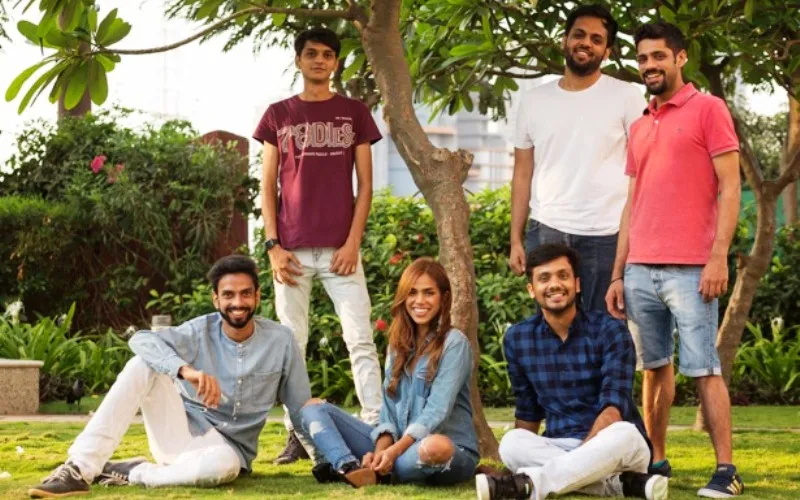
Holding a Diploma in Human Rights Jurisprudence and having been involved in social service from a very young age, which included assisting Tsunami relief camps in Sri Lanka, Murtaza Zoomkawala (26), the Co-founder of TLL, reveals that his earliest inspiration to work with underprivileged children was his mother, who has been working with them for a number of years. Murtaza, who now works at a corporate law firm in Mumbai, co-founded TLL along with five friends sharing the same passion.
Reminiscing, he says, “Murtaza Vahanvaty and Utsav Unadkat, two of the other co-founders, and I would visit orphanages and shelters during festivals and distribute gifts to help build a festive atmosphere for the children. Over the years, we developed a bond with a few of the children. We realised that spending time with them helped us understand their difficulties, ambitions, aspirations; and after that, we were able to help them in many small ways by contributing ‘time' and not necessarily ‘money'.”
But the lack of opportunities to help them in a more effective manner was frustrating. Murtaza figured that there must be younger individuals, like himself, who wanted to help but did not have an outlet to do so. For these reasons together, he formulated the concept of an interactive charity.
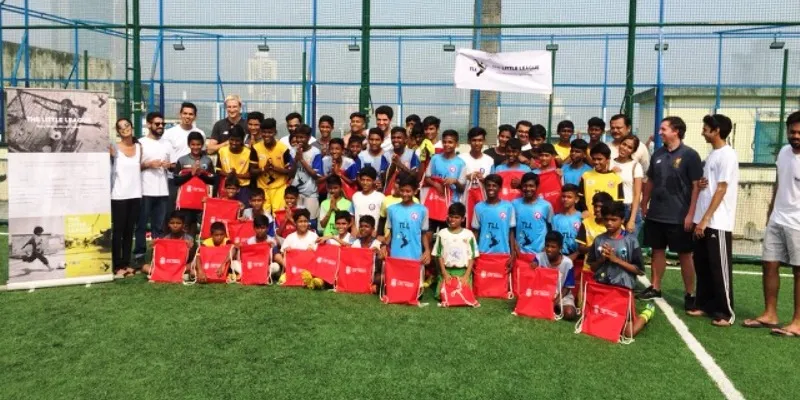
‘Kick’-starting the right way
TLL was founded in 2017 after Murtaza had broadly conceptualised the programme in January. “The first person I approached was Ritika Temkar, Co-founder and Head of the child development team. We spent the month detailing the concept, structure, aim and other modalities of the organisation and bringing on board other co-founders,” he says.
The TLL model involves weekly football training sessions and periodic tournaments for eight teams from different slums across the city. It also hosts concurrent workshops and seminars that are aimed at developing character traits in children.
In February, the team took this idea to market. An overwhelming response at the time, encouraged them to commence ground work immediately. Over the months of March and April, they conducted a series of ‘trails’ or ’selection camps’ at public venues across the city, inviting children from the nearby slums to come down and participate for a chance to be selected in their year-long league. “Over 1,000 children were reached during initial selection phase. They were evaluated on the criteria of sports and character, and after that they were assigned to teams following conversations with their parents,” says Murtaza.
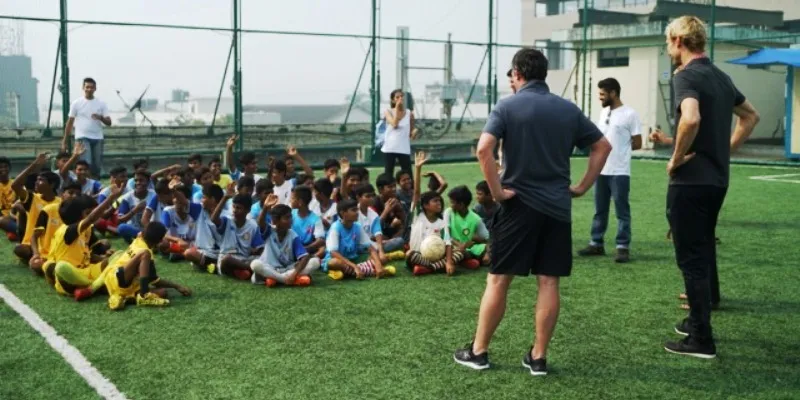
Bridging a chasm through sport
As an organisation, TTL is trying to provide an opportunity to children who, for no fault of their own, are in unfortunate circumstances. Coupled with this idea, they see the lack of a civic sense in society as a fundamental problem even in urban India. “We wish to start on the ground level and educate the masses about this civic responsibility,” explains Murtaza.
To put this concept into play, after registering a company and arranging donors, for their first nine-month long season that commenced in July, TTL structured its sports development programme on 'interactive charities' through football. Interactive charities brings to individuals an opportunity to interact with the charity they do. Murtaza says, “This is why our league has been structured in manner similar to international sporting events like the IPL and EPL, where team owners are organisations with a large employee base. They adopt, manage and administer one football team for the duration of a season.”
“We seek to act as a platform and a nexus between large corporations and the underprivileged people who reside in the area where that corporation is located. The goal is to promote the culture of social responsibility within organisations by providing employees the opportunity to give back to society by contributing with their time and not necessarily money,” he adds.
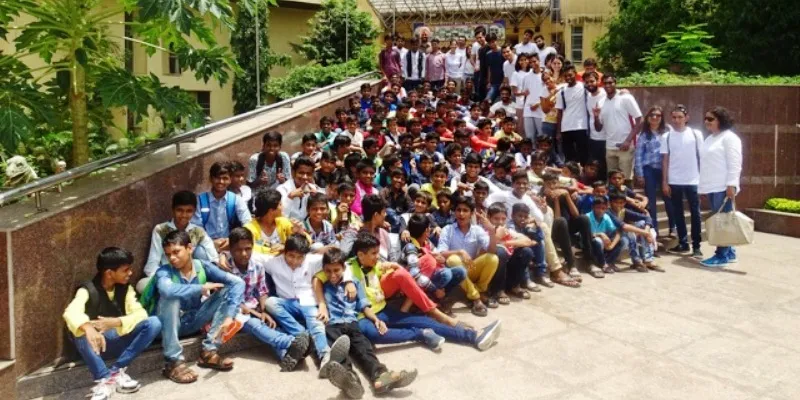
Underlining the importance of extracurriculars
Murtaza says that in TTL’s case, sports help keep children away from adverse activities such as joining gangs and resorting to drugs. “It is more about providing these children with an outlet to do something they love. We ensure that they remain gripped throughout an entire season. This helps us work with them over a long period of time, therefore ensuring results,” he explains.
Each team, as a part of the interactive charities programme, has four primary constituents: the children residing in slums; a professional All India Football Federation licensed coach, responsible for the football coaching and sports development; a team manager, responsible for the overall administration of the team; and a team owner, which is an organisation, with a large employee base, with their office at a nearby location. Additionally, TLL has one child development representative assigned to every two teams.
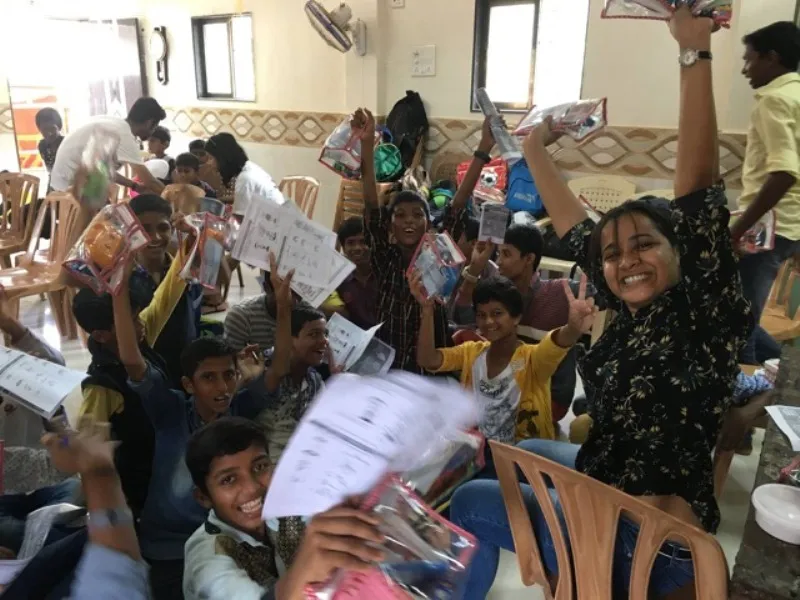
Sports as a medium to complete growth
The ‘interactive charities’ programme is designed to help people from different backgrounds work with each other. TTL has identified individuals who wish to contribute to society and do not have the money or savings to do so. “These individuals usually work at large organisations. We want these organisations to bear the monetary burden of adopting a team and then encourage employees within the organisation to participate by interacting with the children,” says the team.
To facilitate this interaction, TTL hosts a mentor-mentee programme wherein one employee from the organisation pairs up with one child and acts as a ‘big brother/sister’ figure who mentors the child over the course of the year.
Moreover, once the children know that the team is facilitating weekly coaching with meals and periodic tournaments where they can showcase their skills, TLL uses this as a bargaining chip to encourage them to focus on their studies. “We provide tuition around the football coaching and the deal is that they are only allowed to play if they are also attending their classes and are doing well at school. It's this psychology, in addition to the direct benefits of sports, that we are capitalising on,” says Murtaza.

Beyond sports too!
In addition to the football programme, TTL’s workshop programme focuses on educational, vocational, and soft skill training.
The team's ultimate goal is to bring in holistic development to the 96 children currently within the programme, by focussing on three individual quotients – ‘physical development’ through sports where all the kids are provided a four-item meal at each training session conducted twice a week supervised by a sports development team; a workshops team that facilitates ‘academic development’ through academic workshops or private tuition; a child development team that monitors ‘psychological development’ through soft-skill workshops and a child psychologist who deals with psychologically weak children on a case-to-case basis.
Growing together
As an 'interactive charity', TTL’s impact has spread across all stakeholders including the children, team owners, parents of the children, coaches and volunteers. The team of six co-founders has grown into 30 employees and 50 volunteers working at 12 slums in five different locations across Mumbai.
Apart from providing eight AIFF licensed coaches for each team, TTL offers sports scholarships to their most talented footballers once they move into class 11. Similarly, the organisation reimburses full junior college fees for every child moving in to class 11 and 12, provided they pass their exams. “This is to motivate them to study further instead of succumbing to family pressure and getting a job after class 10. After class 12 is when we seek to provide employability. While there cannot be any assurances, we aim to provide targeted workshops and concentrated seminars to the children in class 11 and 12 and use our broad network to place these children in jobs they find fulfilling,” says Murtaza.
Presently, TTL does not propose to scale significantly for the next two years. The idea is to demonstrate proof-of-concept before looking to expand. Once achieved, the team feels that the model will not only be easy to replicate in different cities but also with different team sports.







